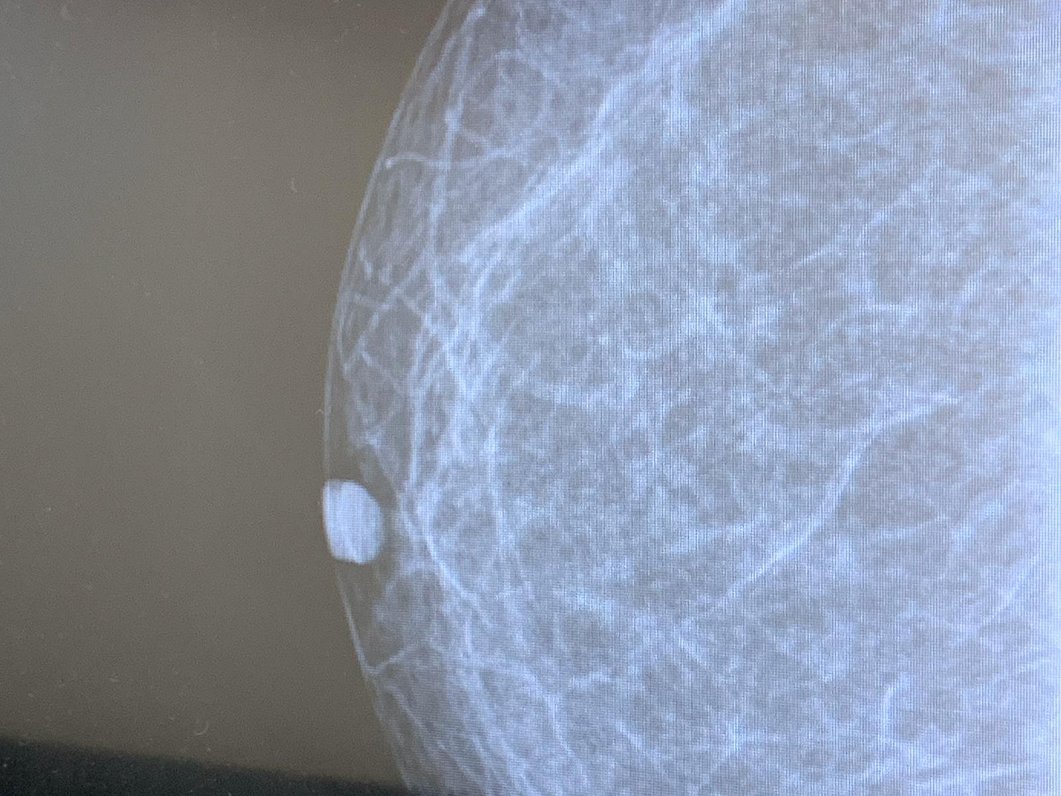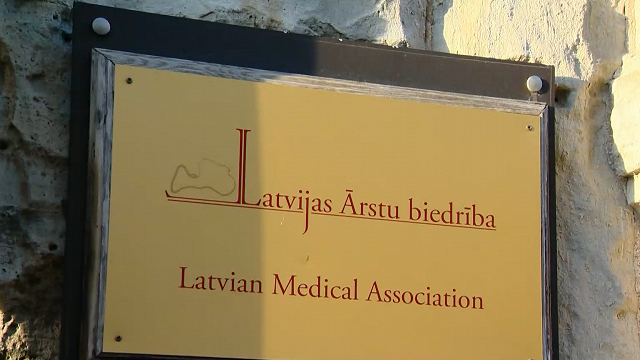The platform provides three tools that require users to enter information about their lifestyle and genetics. A guide for self-examination will also soon be available. The platform was developed by Medicine and Computing faculty professors and students in cooperation with oncology and science-related organizations.
In Latvia, breast cancer screening every two years is state-funded for women after 50. However, it is used by less than a third of women. To encourage more testing, not only after 50 but also earlier, the University of Latvia has developed a digital platform with a number of tools to determine a person's level of risk in encountering breast cancer. If the risk is high, the woman is invited to carry out tests, said one of the platform developers, computer scientist Emils Sjundjukovs.
"The platform gives the woman a structure with risk classification, as well as a step-by-step approach which doctor to see, what to ask, what factors could be altered. We're trying to do it in understandable language so that it's available to any user," Sjundjukovs said.
All users agree that they might be asked to participate in studies to fight breast cancer. In view of data protection, all data are stored only on the user's side; however, the data are used in statistical aggregates. The creators wish to contribute to research by European epidemiologists, oncologists and scientists - to narrow the gap between the world of science and the society, as well as to identify genetic risks, said medical student Jana Višņevska.
The platform was made available last week. The creators aim to reach 55 thousand women this year. It is also important to address younger audience.
On average, every eighth woman in the world has breast cancer. A large part of the cases are avoidable in early stages. Therefore, regular checks are important also before the age of fifty, the creators said.
The skrinings.lv platform was developed by teachers and students at the University of Latvia, Faculties of Computing and Medicine, in cooperation with the LU Computing Institute Medical Technology Project study "DF LAB", the Association of Women Oncology Patients (VITA), medical technology company "Longenesis" and popular science journal "Semper Anticus".
























